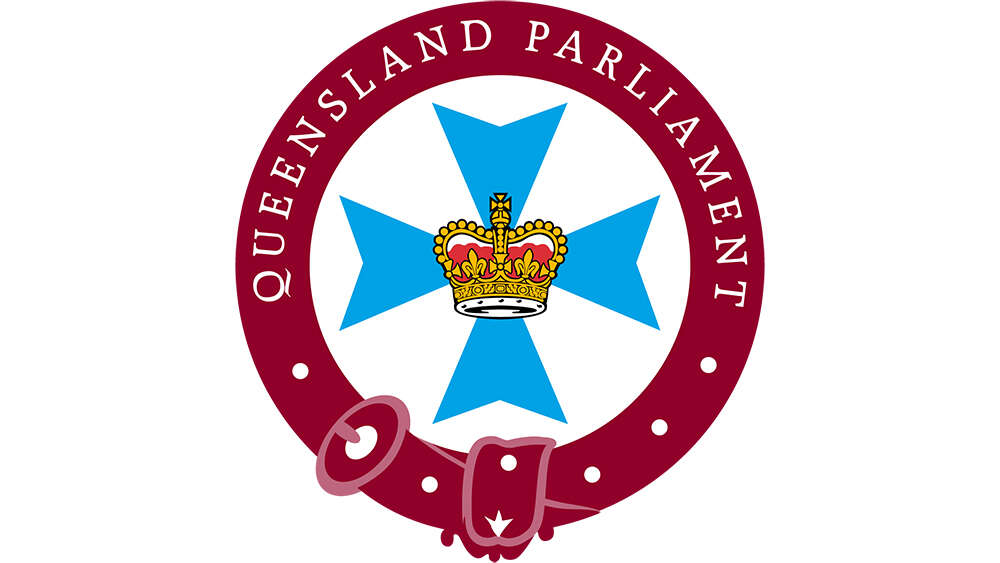A Queensland chaplain, working at the frontline of the euthanasia issue, mourns the new law.
Death is a fact of life, indeed from our first moment, we are dying. So, the legalisation of euthanasia in Queensland is perhaps unsurprising. Indeed, supporters will see it as a great victory while others are horrified.
To endeavour to think clearly about this change in the law, it is critical to define euthanasia accurately: euthanasia is the provision of treatment designed to stop life. Critically the withdrawal of treatment (e.g. stopping chemotherapy or turning off life support) and providing treatment to relieve suffering, which as a side effect shortens life, are already well practised in Queensland, as they are legal and moral. Euthanasia aims to stop life. Until last Thursday, deliberately stopping someone’s life was a crime.
According to the Annastacia Palaszczuk government’s press release, the voluntary assisted dying law is a win as it helps people whose “suffering cannot be eased” (Deputy Premier Steven Miles) and because “Queenslanders will now have a choice” (Premier Annastacia Palaszczuk). Particularly as the legislation included a boost to palliative care funding and limits access to euthanasia, a person must meet all five criteria (1. eligible condition; 2. decision-making capacity, 3. acting voluntarily, 4. be at least 18 years old and 5. be a Queensland resident).
While increasing investment into palliative care has been universally commended, significant concerns have been raised about euthanasia generally, this legislation specifically, and the speed the Government implemented it.
Three general concerns with euthanasia include
- Good palliative care means people do not experience uncontrolled pain as there is a range of highly effective pain treatments and the option of sedation (where the person is placed in a medically induced coma).
- While choice is incredibly important, choice is complicated. For example, many people living with mental health issues (and some who don’t) often struggle with a deep desire to die. As seen in the tragically high number of suicides we grieve.
- There are concerns about any legalisation of euthanasia being the thin edge of the wedge. Certainly, this has been the case in Europe. Fourthly and finally concerns about the sanctity of human life.
Both sides of the euthanasia debate have issues with the age limit. Proponents of euthanasia argue children should also have access to euthanasia, while opponents ask why the legislation fails to protects older people. Additionally, organisations and individuals who do not support euthanasia only receive an acutely limited and complicated exception to taking part. Hospitals with a religious connection will be forced to allow doctors to perform voluntary assisted deaths.
A significant concern about the Queensland legislation is reflected in the allegation the Government sped it through. While Premier Annastacia Palaszczuk’s statement “It was not rushed” is hard to reconcile with the reality that the government stopped the parliament from hearing and debating all 54 amendments, insisting on a vote at 5:45 pm on Thursday.
The legalisation of euthanasia in Queensland raises significant and profound concerns regarding euthanasia generally, the specific legislation and process.
Email This Story
Why not send this to a friend?


